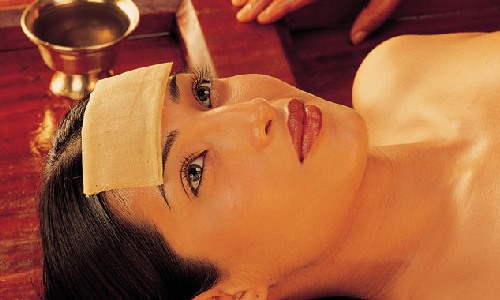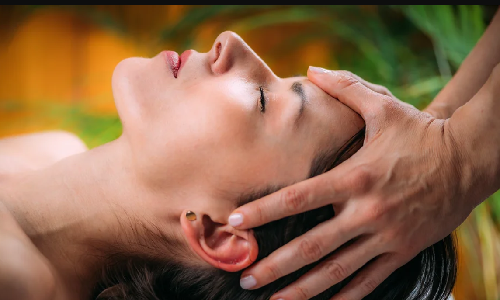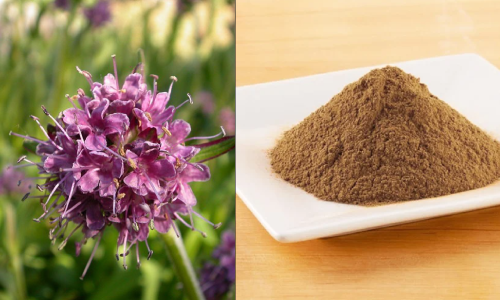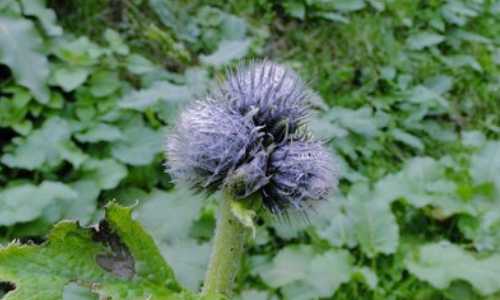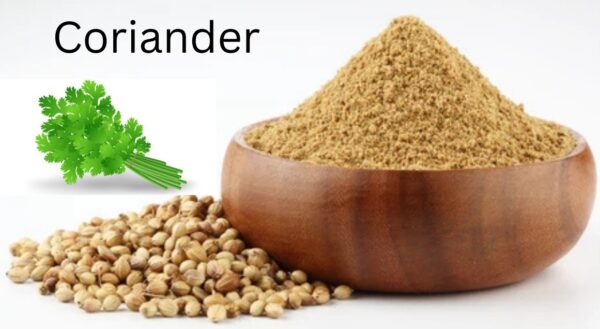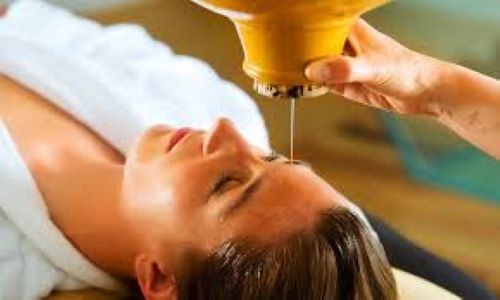Have you always wanted a simple way to relieve pain, nourish the body and restore balance? Then, Pichu treatment is the answer. It is an ancient Ayurvedic method to get relief from joint pain, backaches, headaches and vaginal discomfort that has been used for centuries. Whether you’re suffering from chronic pain, stress or dryness, this therapy provides deep nourishment and healing. The Power of Oil in Healing Many people underestimate the power of oil therapy. However, Ayurveda emphasizes that oils act as carriers of healing properties, delivering nourishment deep into the tissues. Unlike modern pain-relief treatments that focus only on temporary relief, Pichu therapy works at the root cause, bringing long-term benefits. Pichu is one of the most soothing and therapeutic treatments in Ayurveda, involving the application of a cotton pad soaked in warm medicated oil to a specific area of the body. The oil, infused with potent herbs, penetrates deep into the tissues, nourishing them, removing toxins, reducing inflammation and calming aggravated Doshas. While it may sound simple, its effects are profound. This age-old technique not only relieves pain and stiffness but also calms the nervous system and promotes deep healing. Pichu Treatment in Ayurveda Pichu treatment is mentioned in Ayurvedic texts like Charaka Samhita, Sushruta Samhita and Ashtanga Hridyam under Snehana (oleation therapy) and Panchkarma therapy. The key to Pichu’s effectiveness is the warmth and the medicinal properties of the oil. Warm oil helps improve circulation, while the herbs in the oil provide targeted healing based on the condition being treated. Pichu is often used as a standalone treatment or as part of a Panchakarma detox therapy, especially for those suffering from neurological disorders, arthritis, joint pain, and stress-related ailments. The treatment is deeply relaxing and can be customized based on a person’s Dosha imbalance and specific health concerns. Types of Pichu Treatments in Ayurveda Pichu therapy is not just limited to one part of the body. Different types of Pichu can be used for various conditions, each offering unique benefits. Yoni Pichu ‘Yoni’ means ‘vagina’ and ‘Pichu’ means ‘cotton swab.’ One of the most remarkable uses of Pichu therapy is Yoni Pichu, a specialized treatment for women’s intimate health. Many women suffer from vaginal dryness, burning sensation, itching, or discomfort, especially after menopause, childbirth, or due to hormonal imbalances. Vaginal health is often overlooked, and many women resort to synthetic lubricants, which may provide temporary relief but do not address the underlying dryness or irritation. If you have ever experienced any of these, this treatment could be life-changing for you. Yoni Pichu is a simple Ayurvedic remedy that can bring deep nourishment and healing to the vaginal tissues. It provides natural, long-lasting nourishment to vaginal tissues, improving overall intimate health. How to perform Yoni Pichu Take a sterilized tampon. Dip the tampon in 15-20 ml of chosen oil until it gets fully soaked. Lie down on your back with your knees bent. Carefully insert the tampon inside your vagina as high as comfortable. Make sure to pass the urine before you insert the tampon. Leave it in place for about 20-30 minutes, then remove it gently. Which oil should you use? For pain in the vaginal area, use organic black sesame oil. For a burning sensation, use Shat Dhaut Ghrita (SDG cream). For vaginal itching, you can use Triphala Ghrita as well. If vaginal dryness is due to menopause, using a combination of sesame oil and Triphala Ghrita can be very effective. The sesame oil provides deep hydration, while Triphala Ghrita balances vaginal pH and reduces inflammation. Who should avoid Yoni Pichu? If you are below 13 years old If you haven’t got your first period yet If you have never had sex During menstruation This treatment is a natural alternative to chemical-based vaginal lubricants and can help women regain comfort and confidence in their intimate health. Shiro Pichu If you suffer from migraines, tension headaches, stress or insomnia, Shiro Pichu can be a powerful therapy. It involves placing an oil-soaked cotton pad on the crown of the head, allowing the medicated oil to penetrate and calm the nervous system. ‘Shiro’ means head. In Ayurveda, the head is considered to be the inverted tree whose roots are at the top and trunk and branches spreading downwards. Just as the roots of the tree provide all the nourishment required for its growth, the head of the human body consisting of brain and major nerves provide the energy to the whole body. So, it’s crucial to maintain the health of the head with utmost care. Shiro Pichu is particularly beneficial for those with aggravated Vata and Pitta Dosha. If you often feel restless, suffer from frequent headaches, or have trouble sleeping, this therapy can bring immense relief. Benefits of Shiro Pichu Relieves headaches and migraines Improves sleep quality Reduces scalp irritation and burning sensations Enhances mental clarity and concentration Provides strength to the weak nerves Best oils for Shiro Pichu Bhringraj oil – Great for stress and hair health Ksheerabala oil – Ideal for neurological imbalances Dhanwantharam oil – Reduces inflammation in the head and scalp You can also add a gentle scalp massage after removing the Pichu pad to further relax the mind and improve circulation. Greeva Pichu Neck pain and stiffness are common in people who spend long hours at a desk or suffer from cervical spondylosis. Greeva Pichu helps relieve muscle tension and improves blood circulation in the neck area. Benefits of Greeva Pichu Great for relieving stiffness, nerve compression, and neck pain. Helps in cases of cervical spondylosis and frozen shoulder. Best oils for Greeva Pichu: Mahanarayana Thailam – Deeply nourishes muscles and joints. Karpuradi Thailam – Ideal for reducing pain and inflammation. If you… Continue reading All About Pichu Treatment in Ayurveda
All About Pichu Treatment in Ayurveda
